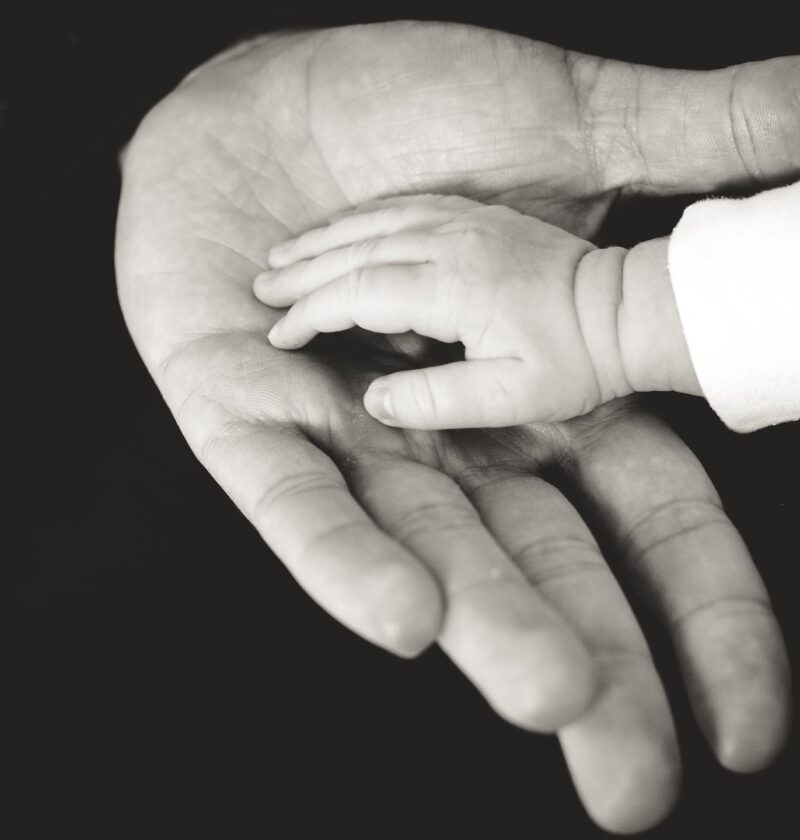When we first enter the world of adult relationships – whether we choose to get married or not – many of us may start off with rather rigid preconceived (and outdated) notions of the stereotypical nuclear family, white picket fence, and happily ever after.
However, the realities of family life can be a great deal more complex – and, in some cases, decidedly murky. For example, in some cases of infidelity, when a man and a woman have children, the woman may end up not being entirely sure which man is the biological father. In other cases, she may know for certain, but decide to mislead her partner as a means of maintaining their partnership. This is known as paternity fraud.
In both cases, a man can end up raising – and loving – a child that is not biologically his, while the real father may have no idea. Then, when the truth does arise, this can lead to devastating consequences for both the men involved, and the child.
However, when the man has been purposefully deceived, this can be even more unsettling to deal with – and this kind of fraud also comes with a raft of legal and financial complications.
If you suspect you may be the victim of paternity fraud by a current or ex-partner, here are some helpful tips on what to do, and how to cope.
Certainty Is Key – And So Is Sensitivity
Discovering that you may have been deceived by your partner into believing you are the father of their child is bound to prompt a cascade of strong emotions, including anger and sadness. It may be tempting to react with fury, particularly if she can provide you with no compelling reason for her actions. However, it’s important to remember that a child – or children’s – live is bound up in this complex situation, and so a healthy dose of sensitivity and maturity is required.
The first, and arguably most important, step you should take is to confirm whether or not fraud has taken place. You may want to do this with the help of an at-home paternity test, if you want immediate peace of mind without involving a court. In the case of an unborn child, you can opt for a non-invasive prenatal paternity test that will give you the answers you need. This test is risk-free and can be carried out from as early as 7 weeks into the mother’s pregnancy.
Once you have the results of this test, you will then have a concrete answer and, if paternity fraud is confirmed, you can begin thinking about the next steps you need to take.
Going To Court
As the victim of paternity fraud, you may decide that you want to go to court and seek legal assistance to resolve the issue. This is an understandable course of action, and can help you to navigate a complex situation.
However, it’s important to bear in mind that, when it comes to the financial side of parenting, the court won’t necessarily agree to the reimbursement of any child support payments you’ve been making over the years – and they may actually require you to keep making those payments in future.
Remember, the court’s primary focus is the well-being of the child or children affected. In some states, the law will even determine that you have paternal responsibilities. This will be the case if you were married to the mother and you have been responsible for parenting that child – even if it turns out that you have no biological relationship – as it means you have a ‘presumption of paternity’. in this case, you will need to keep providing financial support for the child.
Coping With The Emotional Fallout Of Paternity Fraud
Discovering that you have been misled into believing that you were the father of a child is undeniably devastating – particularly if you were still in a loving relationship with the mother when you found out.
While it’s entirely understandable for you to go through a period of anger, grief, and other negative emotions, it’s important to try to focus on regaining your emotional and mental well-being as soon as possible.
You may want to seek counselling, or perhaps even couple’s therapy, to get you through this difficult time. You should also seek professional legal advice to help you decide how to proceed with your parental relationship going forward, particularly if you decide to go your separate way from the child’s mother.
Most importantly, you will also need to focus on the child, their emotional responses to the situation, and their needs. If you’ve been lovingly parenting them for years, it is to be hoped that your relationship can continue, whether or not you are biologically related, if this is something you all really want.
At the end of the day, the well-being of the child is the most important thing – a fact that both you and the mother should keep at the forefront of your minds. While there’s no disputing the difficulty and heartache of such a situation, it is to be hoped that you can find some form of resolution that provides the best possible outcome for everyone involved – especially the child.







